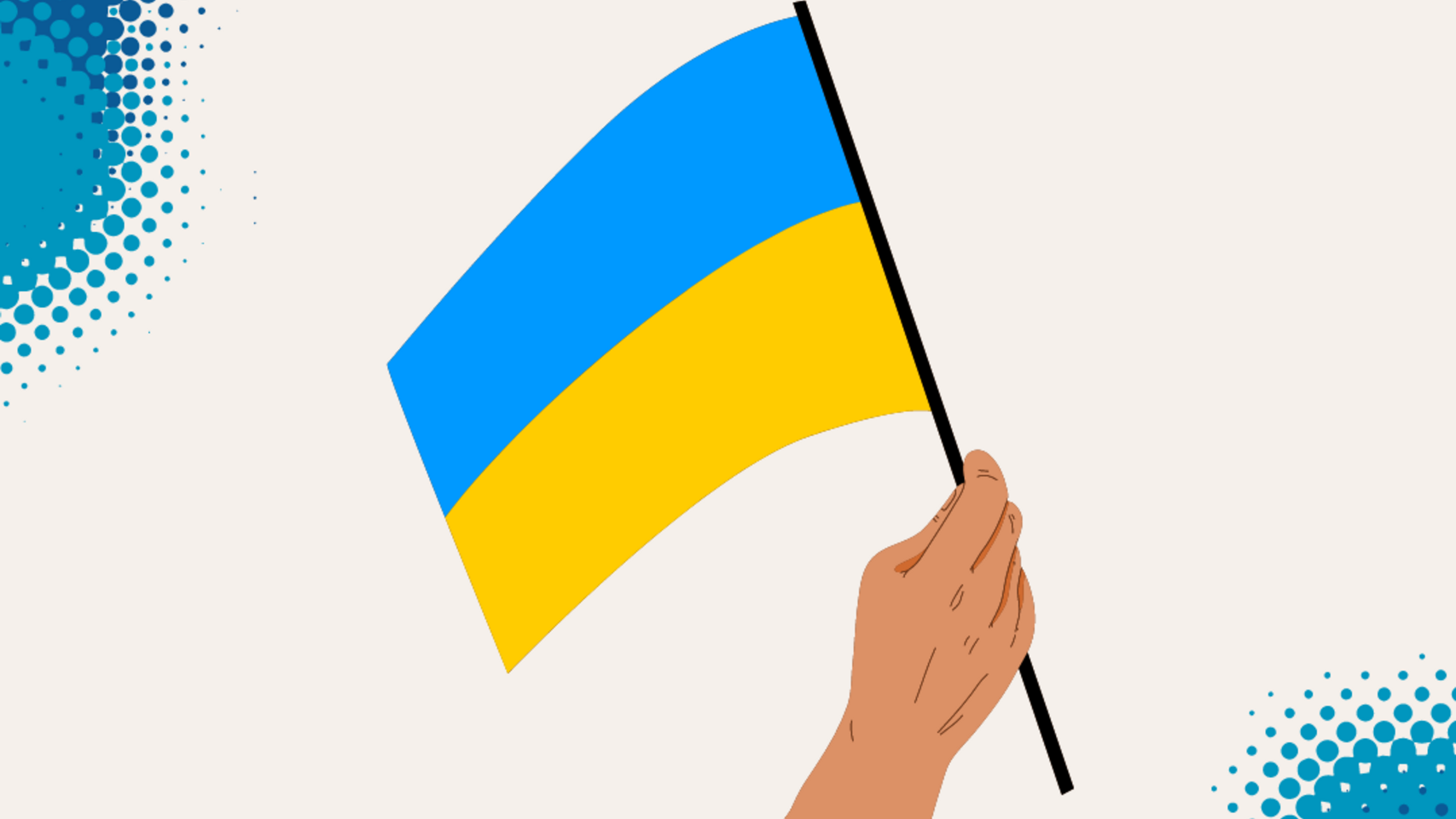Support for Ukraine

We stand in support of the state and civil society in the democratic state of Ukraine; we condemn all attempts to challenge the peaceful order in Europe, and we reject the instrumentalization of history to legitimize war.
All the lessons and achievements from history – a rule-based world order, universal human rights, and international humanitarian law which protects civilians from military attack – are being trampled over in Europe by Russian rulers.
We stand alongside civil society, self-organizations, NGO representatives and human rights activists in Ukraine, Russia and the countries in our European vicinity.
Against the background of its founding history, the EVZ Foundation is particularly active in Central and Eastern Europe, Israel and Germany, Ukraine is a focal point. Since 2003, the EVZ Foundation has supported about 700 projects, some of them with long-standing partners in Ukraine.
On 25.02.2022, the EVZ Foundation offered to use already approved project funds for emergency relief measures.Meanwhile, support for our Ukrainian partners is in full swing, especially in our support teams. Project sponsors from Ukraine are able to draw down grants more flexibly as well as accessing other funds more promptly within the framework of existing approvals, provided the banking system is operating. We maintain direct contact with our project sponsors in Ukraine and are available for inquiries and requests for support.
The Board of Trustees of the EVZ Foundation has also approved a solidarity budget for the year 2023. For this purpose 800,000 euros, 10 percent of the planned funding volume of the EVZ Foundation in 2023, have been earmarked. The funds can be used to specifically support projects to strengthen the engagement of refugees, the development of exile structures and other solidarity projects of civil society in Ukraine, Belarus and Russia.
The Solidarity Budget is used to support even more partners all over Europe. Two examples: The Quarteera association is building local communities for Russian-speaking refugees and LGBTIQ persons in Hamburg, Cologne, Stuttgart and Dresden, thereby establishing an active civil society in exile and engaging in the field of political education. Additionally, the EVZ Foundation funds the Lithuanian NGO Formula for Humanity, which works to build a civil society structure of Belarusians in exile and counters propaganda.
We are especially concerned about the plight of elderly survivors of the National Socialist policy of racism and occupation in Ukraine. They are now exposed to acute mortal danger, possible re-traumatization, and the Covid-19 pandemic which is still raging. Here, too, we are in the process of making our support more flexible in order to provide targeted assistance.
An example of the above is the project of the Dnipropetrovsk regional branch of the Ukrainian Association of Prisoners Victims of National Socialism (USWShN) located in the city of Dnipro. A home care service for survivors of National Socialism in the Dnipropetrovsk Oblast provides practical and material assistance to more than 100 survivors of National Socialist persecution. On March 5, the members of the victims' association addressed the Russian mothers and against the war with a video message.
You will find more examples of the commitment of the EVZ Foundation and funded projects here:
Video
Former prisoners and victims of Nazi persecution of the Dnepropetrovsk regional group of the Ukrainian Association of Prisoners appeal to the mothers of soldiers from Russia and Belarus to stop the war.